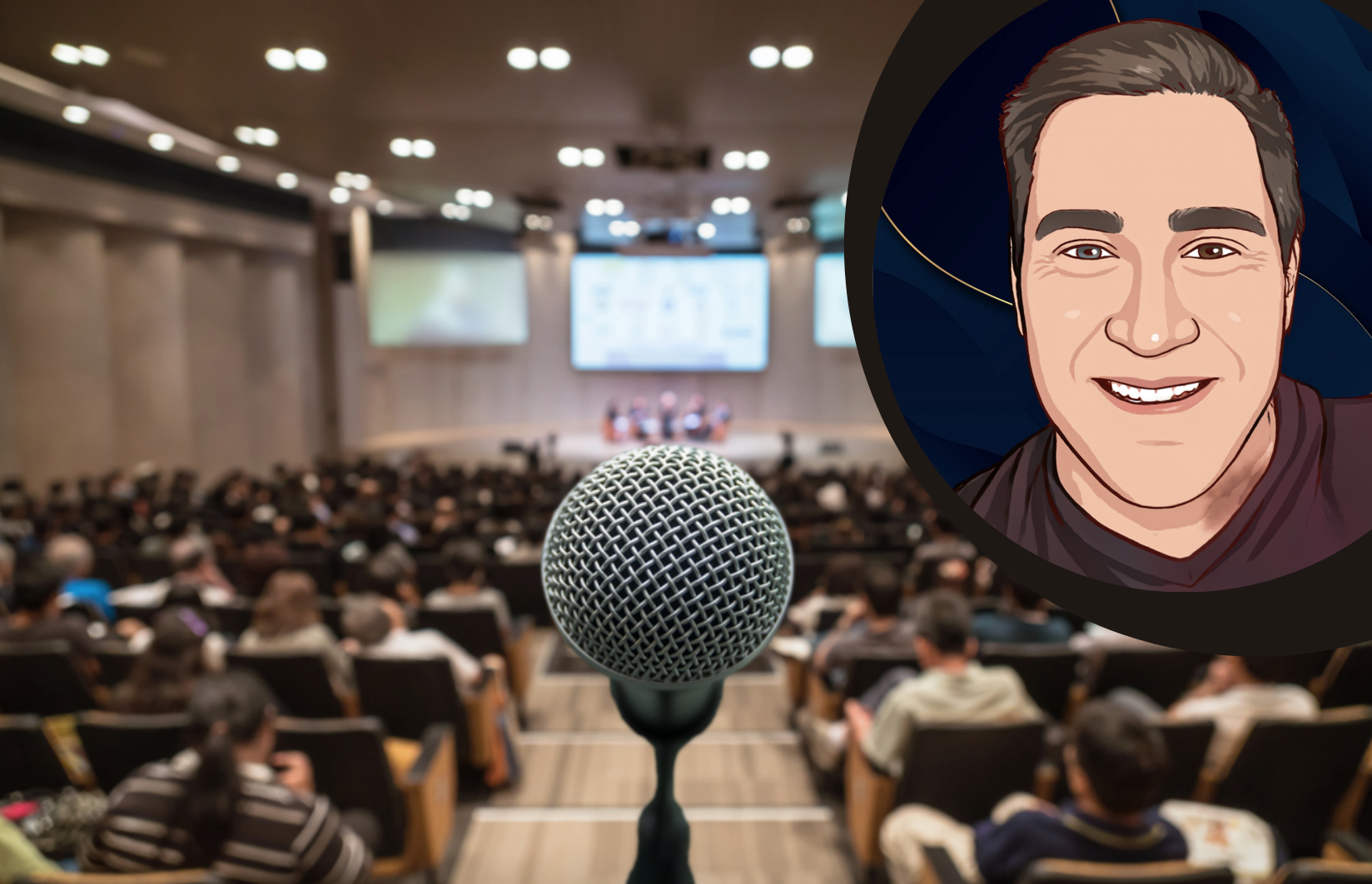Chris de Diego Shares Why Public Speaking Skills Are More Powerful Than You Think
We all know someone with stage fright who is absolutely petrified by the idea of speaking in public. That person may even be ourselves, in many cases. However, public speaking is one of the most important skills someone can master.
Being able to entertain, inform, and engage a crowd opens the door to so many possibilities. Someone that can hold a room in the palm of their hand as they tell stories and incept their ideas has infinite potential in business, marketing, politics, and anything else they set their mind to. I can’t begin to explain all of the benefits of honing public speaking skills, but Chris de Diego sure can.
Chris de Diego is a public speaker, coach, entrepreneur, and investing expert who puts his public speaking skills to use almost every day. I interviewed Chris de Diego in order to curate all of the benefits public speaking skills can have on someone’s life, and now I’ll share those benefits with you.
What are the main reasons for public speaking? Why is it important?
Well, public speaking helps convey your ideas to people. It’s the best tool for spreading your word to people. Not everyone is on social media, and not everyone trusts social media.
Even if they do, it can be hard to express your emotions and thoughts effectively through text. Public speaking lets you put emotions into your thoughts; it enables you to motivate people and inform them in your own way.
In my opinion, it’s a necessity for any campaign. There is a reason why debates are held in person and not through Twitter threads.
What would you say to those afraid of public speaking? Those with stage fright or social anxiety?
I understand having social anxiety, and I understand being afraid of public speaking. There’s nothing wrong with feeling that way.

It’s easy to sit around and say push through it, but that can be extremely hard for some people. My advice is this; it will get easier if you do it a lot. It may still be painful, but it’ll be easy.
My 2nd piece of advice, in order to master public speaking, is to practice your heart out beforehand to have the confidence that you will nail it.
Is confidence a big part of public speaking?
There are a ton of best practices when it comes to public speaking, but yeah, confidence is key, of course. But they go hand in hand. Public speaking increases confidence.
If you get a whole room full of people behind your idea, story, or whatever, then there’s nothing that will instill more confidence than that. I’ve had thousands of likes and retweets on certain tweets, and let me tell you; it’s nothing compared to having a crowd full of real people engaged in your speech.
Having your audience come up to you afterward and tell you “wow, Chris de Diego, how inspirational!” puts you on cloud 9.
Does public speaking help in any other aspect of someone’s career?
I mean language, vocabulary, and all of that are extremely important for general communication. It also helps improve leadership skills by giving you confidence in your ideas and just talking to people and communicating what you want.
Even my team management and leadership skills improved exponentially as I gave more public speeches.

https://twitter.com/chrisdediego
As far as professional recognition goes, do you need to be able to give public speeches to rise through the ranks?
I believe that there is a ceiling to your career if you are not comfortable giving public speeches, at least to some extent—point-blank.


